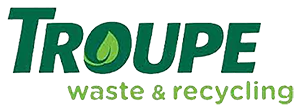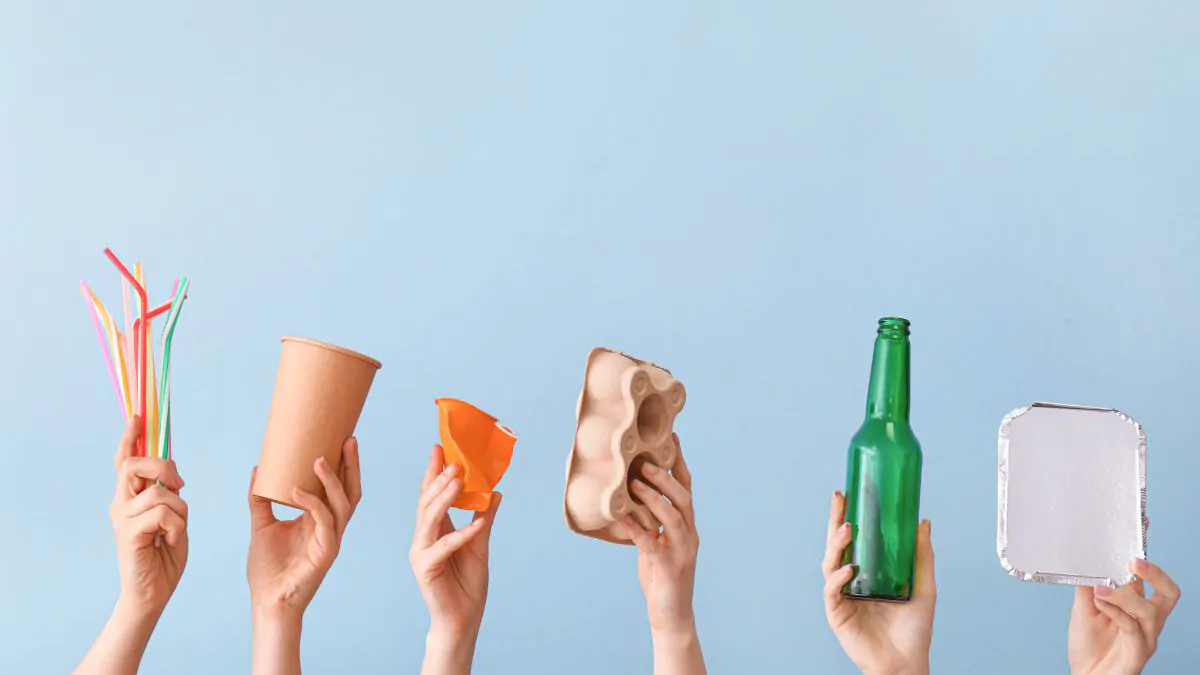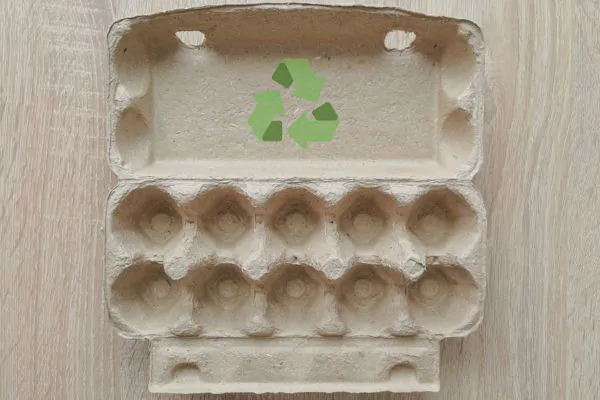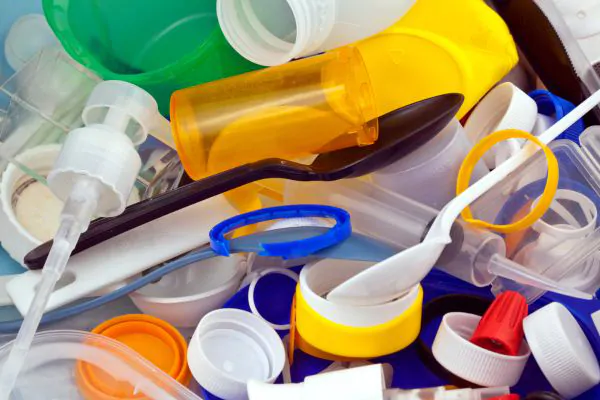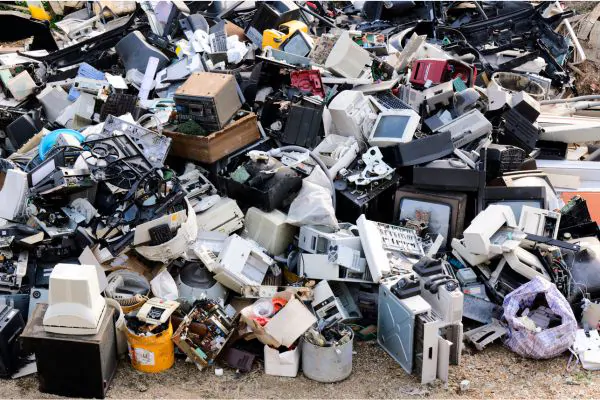Recyclables – Why They Should Be Clean, Empty, and Dry
Recycling is one of the simplest things we can do as members of our local communities to help our planet heal and protect our environment from further destruction. And in our years of recycling, we’ve all learned what counts as recyclable materials and what doesn’t.
But what about how to handle recyclables? Are we also doing it correctly? Now more than ever, we have to make sure recycling works, starting with keeping recyclables clean, empty, and dry. Keep reading to learn how to get your recyclable materials ready for collection day.
Is Recycling A Good Idea?
Yes! Recycling conserves materials. The high value of aluminum cans prevents further resource extraction. Steel cans, plastic bottles, jugs, and jugs, as well as cardboard, are all high-quality materials.
Glass is more difficult to produce because silica is expensive, sorting is complex, markets are scarce, and economic margins are thin. Consequently, some municipalities and counties still need to collect it. Similar considerations apply to cartons and other plastic packaging materials.
Is Washing Recyclables A New Practice?
Washing recyclables is not a new practice. It is important to clean, empty, and dry recyclable items before recycling them. This helps ensure that recycled materials can be used again in the future.
Recyclables have long been used as raw materials in production. Many of our recyclables have been exported for the past two decades, with an emphasis on the number of materials rather than their quality. But with the closure of most international markets, local markets now need higher quality raw materials.
This makes recycling more costly, so ensuring that only high-quality materials are gathered can lower overall utility expenses.
Why Do Recyclables Need To Be Clean, Empty, And Dry
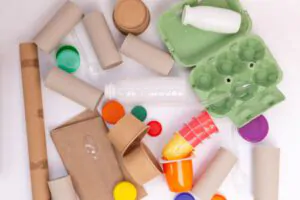
And you might be wondering, does recycling need to be washed? Yes, and below are the reasons why.
● Clean recyclables prevent the contamination of the entire batch of recyclables, which would result in the rejection of the whole collection.
● Empty recyclables ensure that the recyclable material is of high quality and is prepared for the recycling process.
● Dry recyclables are less likely to cause machine failures, threaten the well-being of workers, or cause any other problems during processing.
● Mold and mildew from wet recyclables can be health hazards for personnel in recycling facilities.
● Recyclables that are clean, empty, and dry are more likely to meet the standards and rules of recycling centers.
● Rates of recycling can be increased by taking the necessary steps to prepare recyclables for recycling, which in turn helps to reduce the amount of trash that ends up in landfills and helps preserve our finite natural resources.
● Conservation of natural assets.
● Reusing paper and wood helps to preserve trees and forests. While new trees can be planted but lost virgin rainforests and ancient woodlands cannot be replaced.
● Recycling plastic reduces the production of new plastic, which is a positive given that plastic is often generated from fossil fuel hydrocarbons.
● Recycling metals reduces the need for hazardous, costly, and environmentally harmful mining and extraction of new metal ores.
● Recycling glass lessens the demand for new raw resources such as sand – it’s hard to believe, but global stocks of certain types of sand are beginning to dwindle.
Tips for Sorting Through Recycled Items
Just How Dry Is Dry Enough?
The recycling process works best when dry recyclables are readily available, so dry the items well before placing them in the recycling bin.
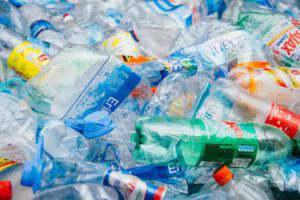
Rinse bottles, jars, and cans
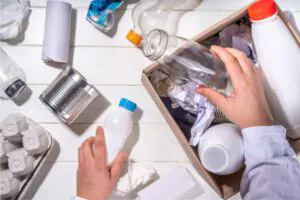
As a general rule, briefly rinsing recyclables is good enough for cleaning bottles and jars. For example, you do not need to wash the mayonnaise jar’s remnants with soap before recycling them; a few spots are unlikely to harm the operation.
Simply fill the container with water and swirl it vigorously for most goods. (Or, even better, use leftover dishwater right before draining it.) If the residue is sticky, such as jelly or honey, you may need to use a scrub brush or scraper to remove the additional product.
Discard Heavily-Soiled Items
Unfortunately, certain goods are not recyclable and must be discarded. Unrecyclable are products that are difficult or impossible to clean. You should sort your recyclables correctly and simplify the process for your city. Contact your local recycling facility if you have questions about how to recycle properly.
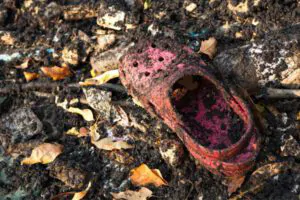
Reputable Waste Management & Recycling in South Shore, MA
Troupe’s waste management and recycling services include garbage pickup for homes, and businesses, dumpster rental, and roll off containers. We have the resources to complete any sort of cleaning job.
From the routine to the extreme, we can take care of any cleaning, demolition, remodeling, or relocation job. We pride ourselves on being an eco-friendly company that offers single-stream recycling. We can help you recycle plastic bottles, paper, aluminum, and cardboard.
Call us at 781-340-0030, and we’ll be on our way!
